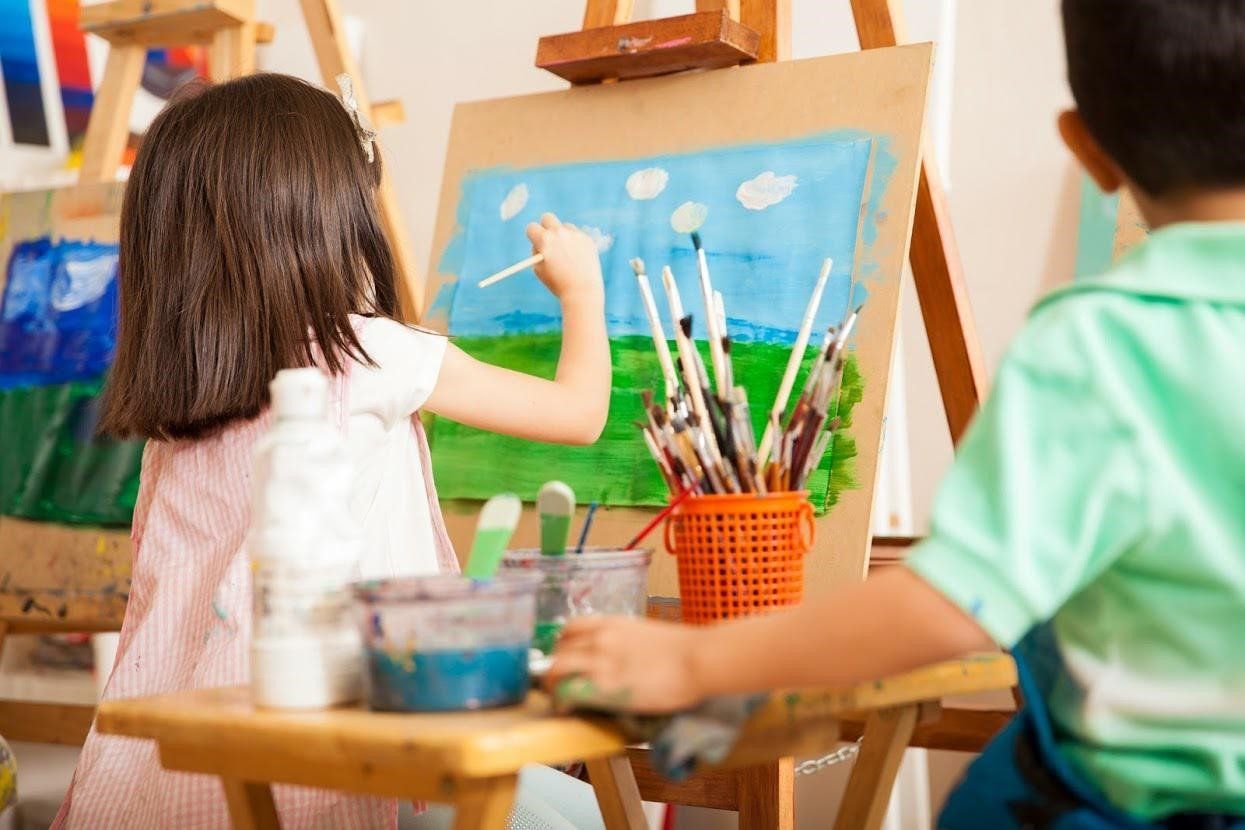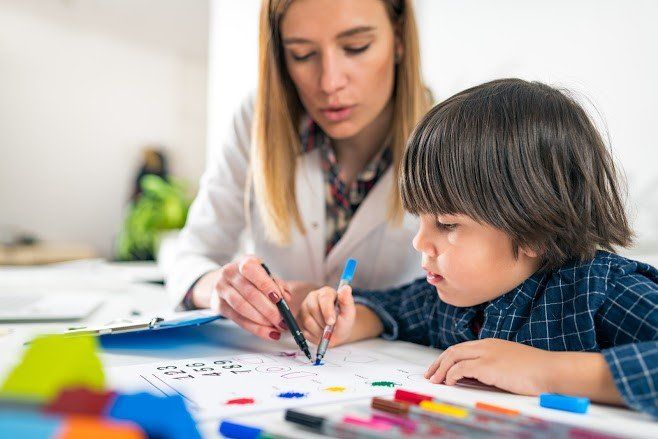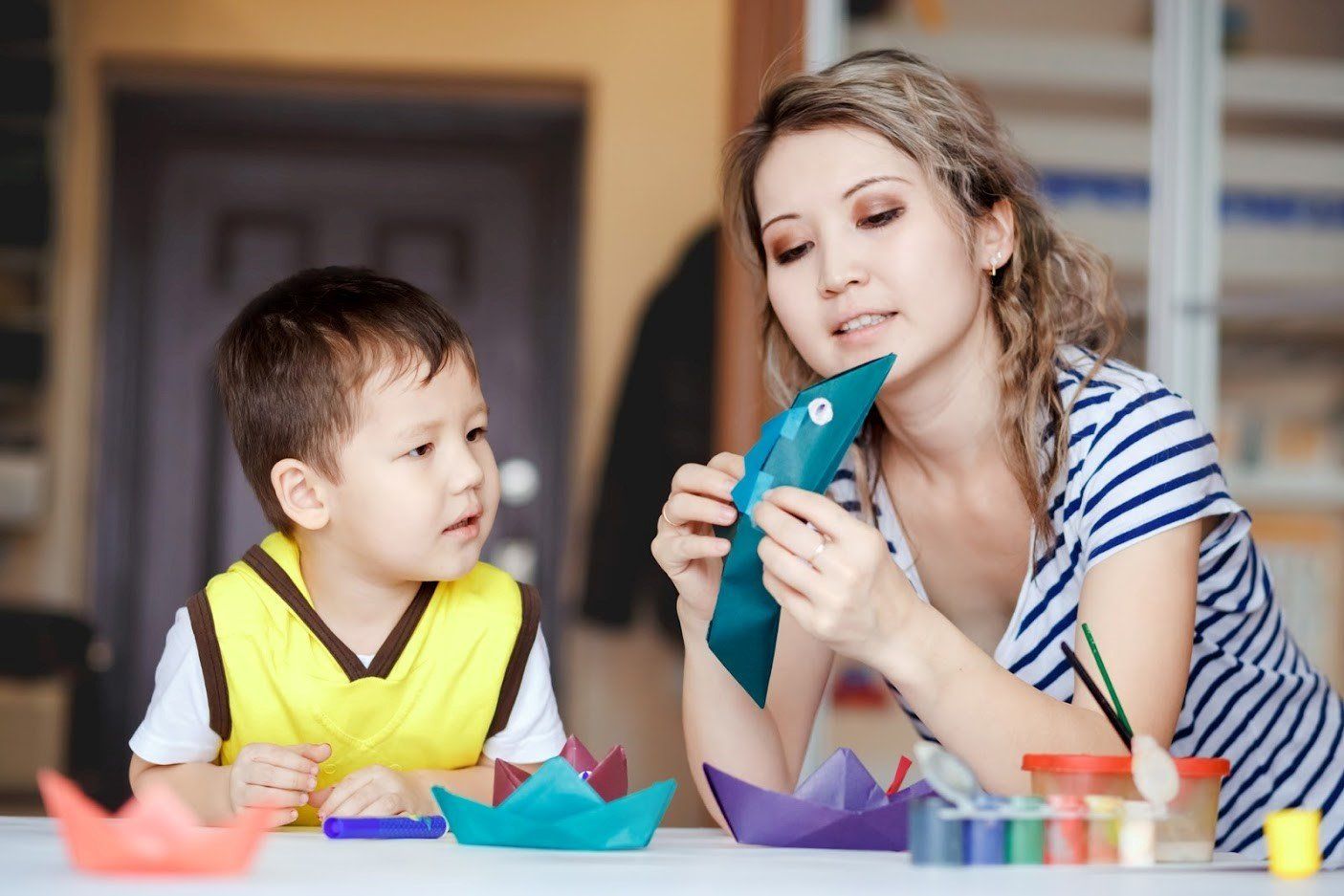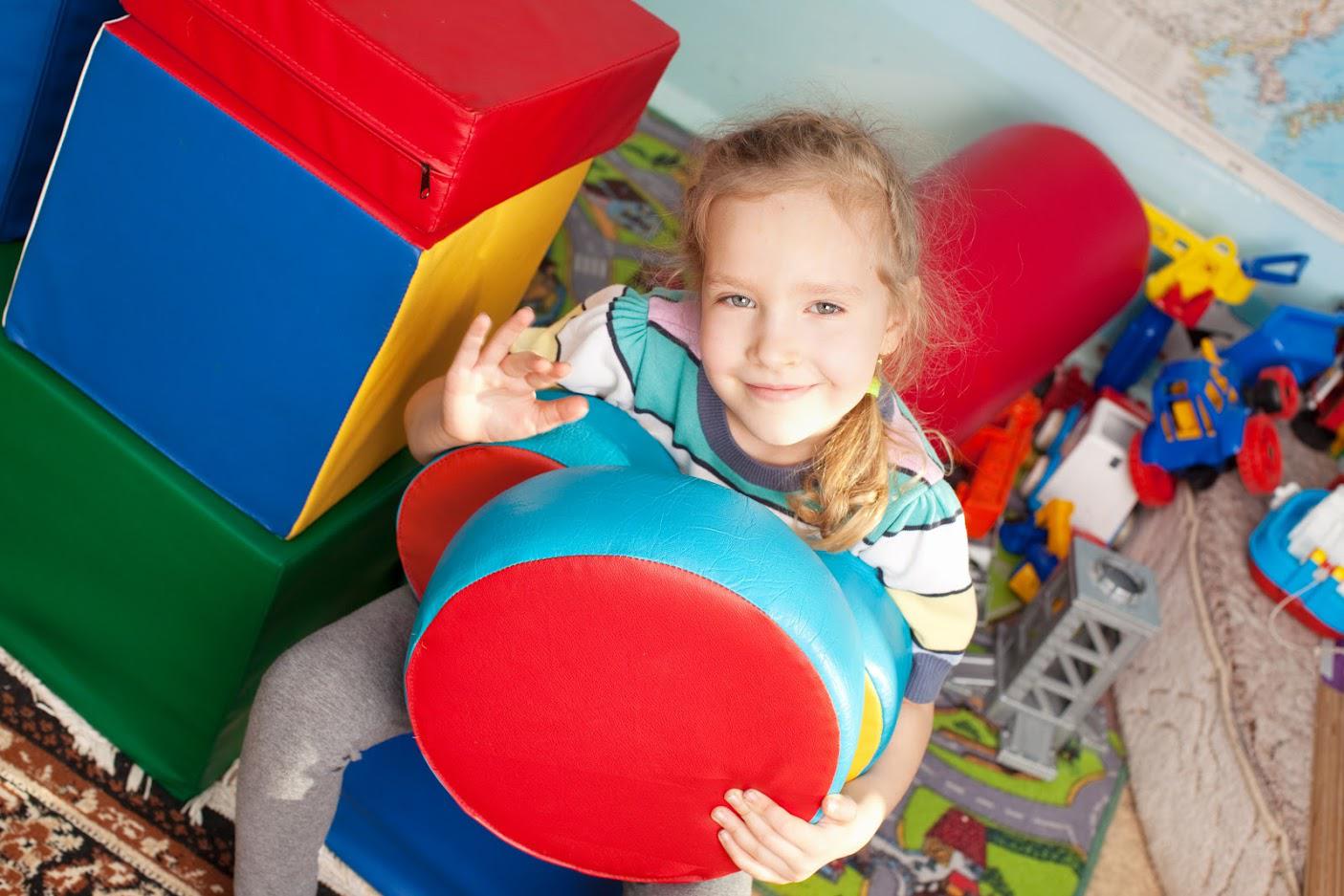First-Time Preschool Parent? Common Questions Answered
Is this your child’s first experience with preschool? If you're not sure whether to send your child to pre-K, where to send them, or what else you need to know about the early childhood education environment, take a look at the answers to common preschool questions first-time parents have.
Is Your Child Ready for Preschool?
There's no universal (or easy) answer to this question. If you're not sure whether you should send your child to a pre-K program, or they should wait a year or more, consider:
Your child's age. Preschoolers are older than toddlers but younger than kindergarteners. This means preschool could include children from ages about three or four years of age.
The program's requirements. Some programs have age requirements for preschool classrooms. Ask the childcare center, school, or program if your child's age qualifies them for the pre-K class cutoff. If not, they may have a pre-preschool, toddler, or transition year option.
Your child's developmental level. Not all age-appropriate children are ready for preschool. Assess your child's developmental versus the childcare center’s program. If you're not sure where to start, bring your child for a tour of their potential center and discuss their developmental needs with the educators.
While your child may have top academic skills already, literacy and early math aren't the only areas to consider. Preschool classes often require the ability to concentrate or focus for periods of time, emotional readiness, and some degree of independence. If you’re still unsure, talk to the childcare center’s director or educators about these and other potential issues (such as potty training).
Which Program Is the Right Preschool?
Again, you won't find one standard or universal answer to this question. Children are individuals — and this means your child may need a different type of preschool program than your neighbor's child or your sister's child. To select the just-right program for your child:
Visit preschools. Get a first-hand glimpse of what to expect from the program. Schedule a visit to observe the preschool class, get a tour, and meet the educational staff. Bring your child with you to see how they react to the environment.
Educate yourself. Read more about educational philosophies or types of schools to learn about what types of preschool programs are available.
Look for supportive staff. Even though curriculum matters, the people who teach it are essential. Look for professionals who are supportive, caring, and knowledgeable about early educational practices.
Even though your friends or family members may rave about a specific pre-K program, it may not meet your child's individual needs. Focus on finding the right match.
What Else Do You Need to Know About Preschool?
After a few visits, you will likely choose a preschool program. Even though you may register your child and be ready to go, you could still have questions. You may still want or need to know:
What happens if your child doesn't adjust immediately? Some children take more time than others to feel comfortable in a new preschool program. If your child is nervous, resists, or has separation anxiety, talk to the teacher and give your preschooler time to adjust.
Is one year of preschool enough? Some children are old enough and developmentally ready to move on to kindergarten after one year in pre-K. But others may need more time. Discuss this issue with the teacher.
What should my child bring to preschool? Ask the teacher about the practical daily needs your child may have at the program. Will they need to bring lunch? A snack? An extra set of clothing?
As your child progresses through pre-K, you may find you have new or changing questions. Rely on the center professionals as a resource to help you (and your child) through this process.
Is your child ready for preschool? Contact our staff at Small World Early Learning and Development Centers for more information.










